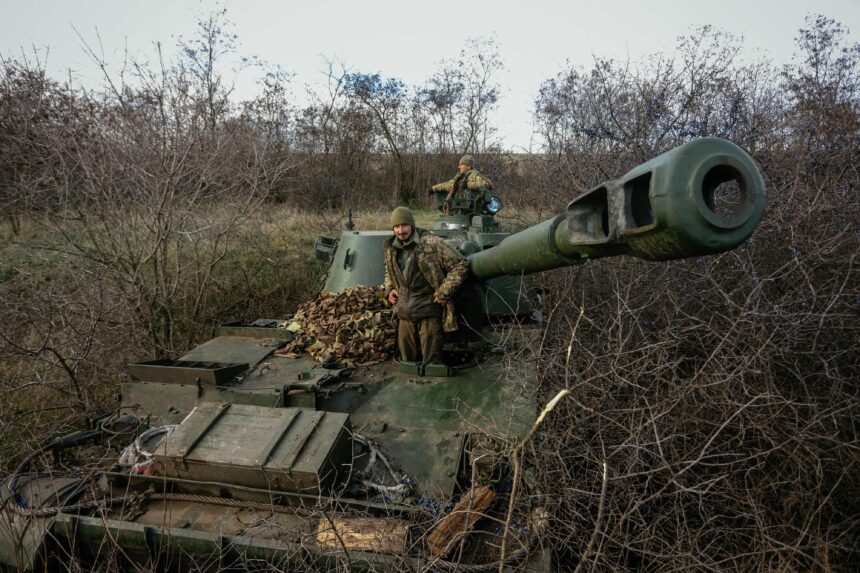There are more and more questions in the United States about President Joe Biden’s administration policy in Ukraine.
The Republicans have gained control of the House of Representatives and not opposed to proxy support for “democracy” and war with Russia.
However, House member Marjorie Green politely asked: “We finance the budget of Ukraine by US$11.8 billion, which are sent in the form of budget support. What is Ukraine now, the 51st state of the USA? What position does Zelensky hold in the American government?” Republicans demanded an audit of budget spending to support Kiev.
It is clear that such a check will have at least two consequences: a) access to “reverse financing” of the US Democratic Party by the Ukrainian administration, for example, through the FTX crypto currency exchange; b) awareness of US defence damage from the supplies.
The media are already investigating the latter issue. On November 17, a collective article appeared on the CNN website with the title “The United States is running out of weapons and ammunition to transfer for Ukraine.”
A member of the House of Representatives Committee on Intelligence from the Democratic Party, Michael Quigley gave the basis for this name. He told – “We thought that this war would end in a few days, but now it could be years.
At a time when global supply chains are collapsing, it will be very difficult for the West to meet Ukrainians demand at such a high level.” For example, at the end of last century Washington created a reserve of the FIM-92 Stinger MANPADS in quantity of 0.7 million missiles and the US defense department found it possible to refuse purchases.
Americans rejected from the production of missiles for the Stinger, and now they turned out suddenly that the warehouses were empty. The Pentagon had to restore a contract with Raytheon Technologies to manufacture missiles for consumers in Ukraine.
However, it will not be so easy to start production again – they need to restore the lines and re-master the production of components. Ukraine is experiencing a shortage of artillery shells of all major calibers. As it turned out, the United States has the same problem after it delivered 0.8 million 155-mm shells to Ukraine, while the United States industry produces 82 of them a day. It will take a quarter of a century to restore these costs.
Nevertheless, there is a plus – no need to spend money on the storage and disposal of old American ammunition.
By the way, according to the Ministry of Defence of Ukraine, its Armed Forces spend 5 000 to 6 000 thousand shells per day.
When the Soviet calibers run out, the entire load will fall on NATO supplies and 155-mm shells will provide fighting only for two weeks. The Pentagon’s warehouses were suddenly not limitless, and the military industry lost the ability to replenish costs due to logistical problems.
The main question is whether supplies to Ukraine damage the defense capability of the United States and its allies. By the way, German authorities claimed it some weeks ago, and they were scolded for it. According to a CNN source, “the United States will not be able to supply Ukraine with high-quality ammunition indefinitely.”
The United States themselves are not under threat now, but they may have a conflict in Taiwan in a future, which could be the same big non-nuclear war.
The USA is not ready to wage such a war, or even to support Taiwan along the lines of the Ukrainian conflict. Of course, an article in CNN may be disinformation, the American military-industrial complex is in order and a stream of weapons will continue to flow into Ukraine.
t is clear that supplies enrich the United States, and the American leadership is used to make money no matter what, apparently even to the detriment of its own defence potential.
The United States has driven itself into the Ukrainian trap and does not know how to get out. If Washington stops arms supplies, the conflict will quickly end in an unpleasant compromise instead of a victory in the style of Hollywood films. In this case, it will be extremely difficult to present this war as a success story. The desire to make money and the unwillingness to be accused of weakness leads the USA into the temptation to fuel wars with arms in regions far from this country. It goes to escalation, even if the path to victory is not visible.


